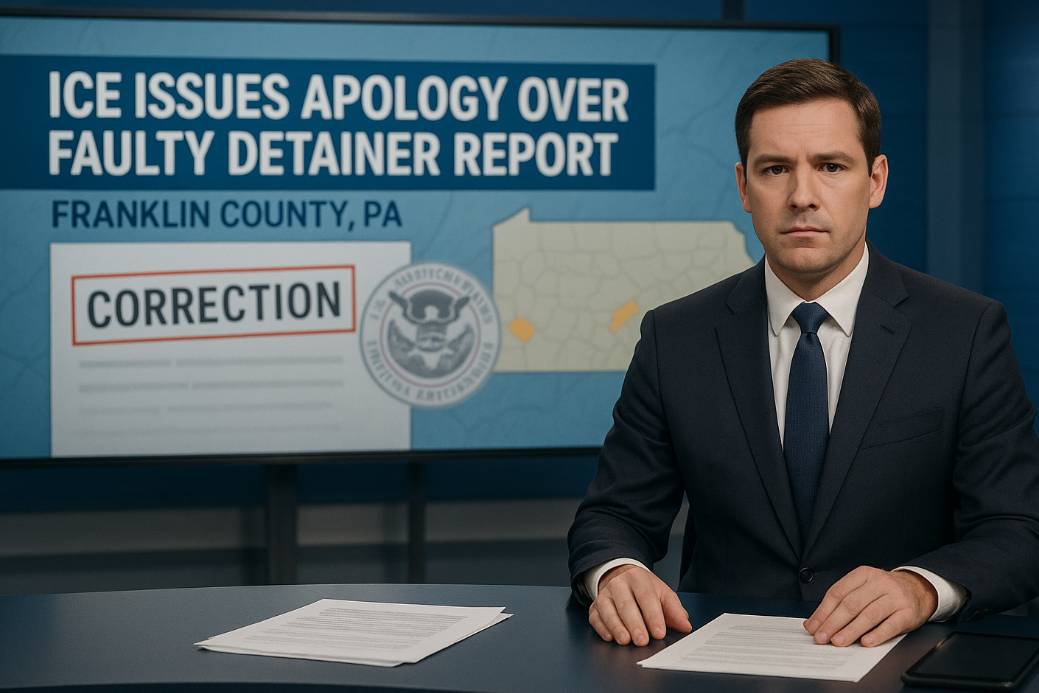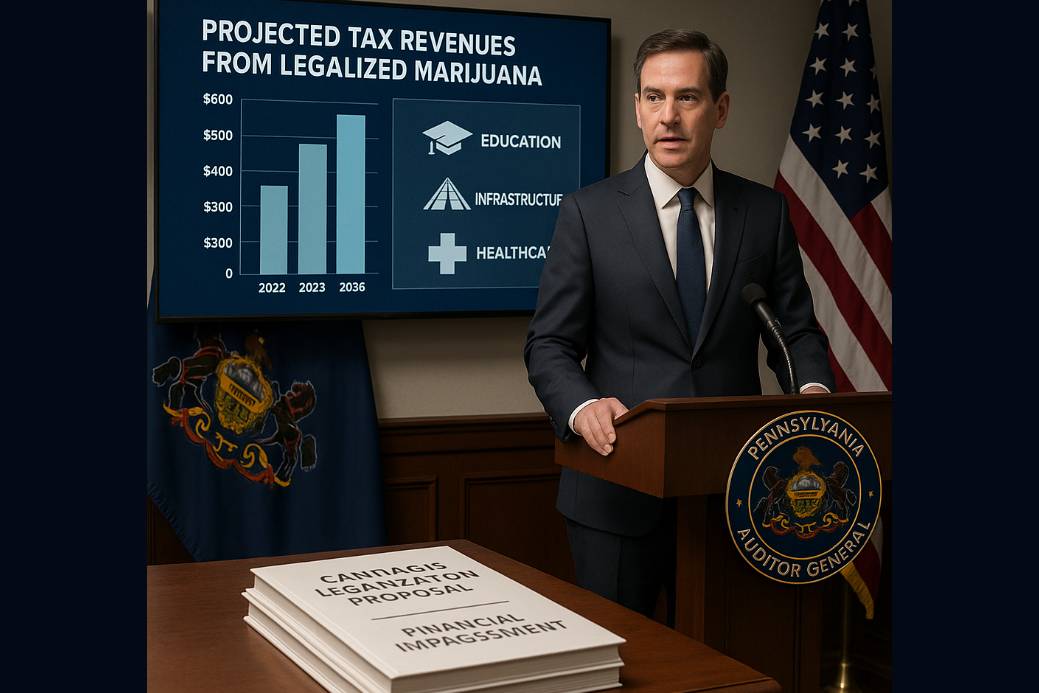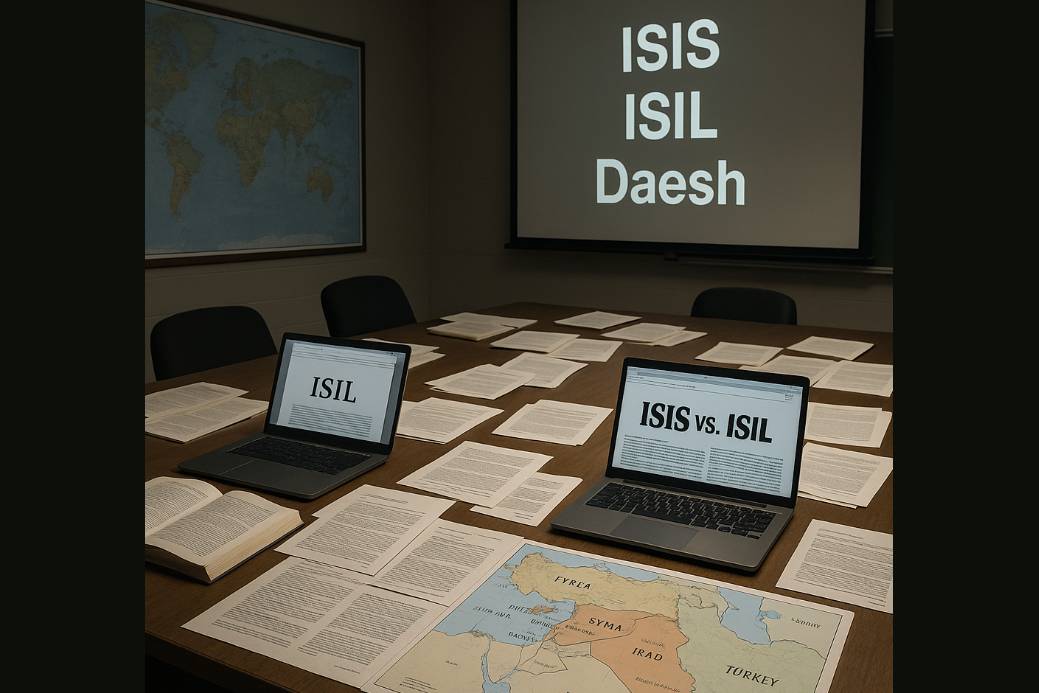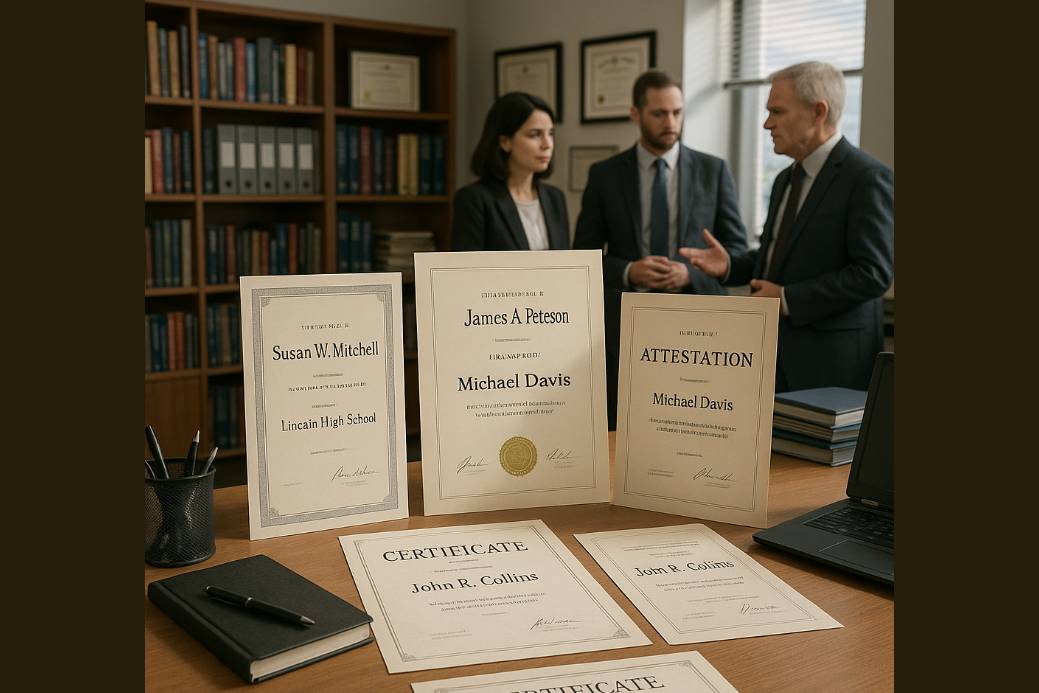Pennsylvania union leaders are compelled to rethink their strategies given the predominately changing political and economic landscape so that they can better serve their membership and, more importantly, influence. Historically, labor unions have been socially well-grounded in issues of workers’ rights; however, latter-day practical activities have called for reconsideration of the methods employed and the objectives set for social advancement.
Furthermore, there are the politics of state versus national productions, as well as the economy, changes in bilateral chatting platforms, political parties, resources, or exploitation of these same resources, consequently forcing unions to alter previous mobilization strategies. This factor is likely to become a condition under which unions evaluate whether the prevalent course of action is beneficial and identify alternative courses with better chances of attaining desired objectives.
Given its impact beyond the economic arc, this may be considered the most vital factor. The onset of the computer age has increased fluctuations within the job market. Trade unions now concentrate more on member issues, such as work, job, and wage protection, and may adopt new mechanisms to improve the scope of activities and demand provisions that advance workers’ interests.
Rigia’s collective labour vrestis has begun talking to stakeholders, including political leaders and secular and religious groupings, to work together for societal justice. Deliberate planning will be required for unions to become more effective fighting entities for worker empowerment and enforcement of punitive labor laws in Pennsylvania.











